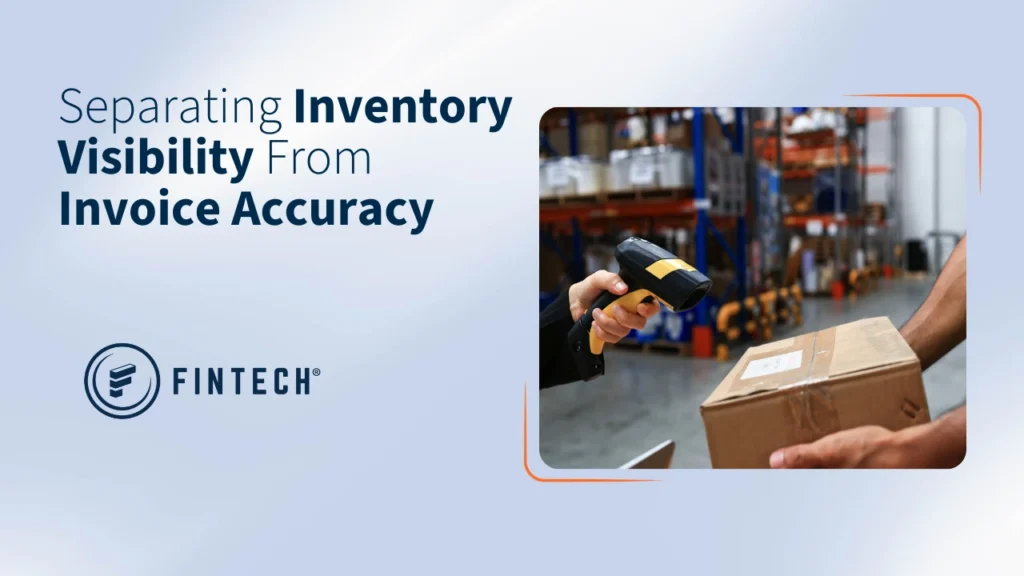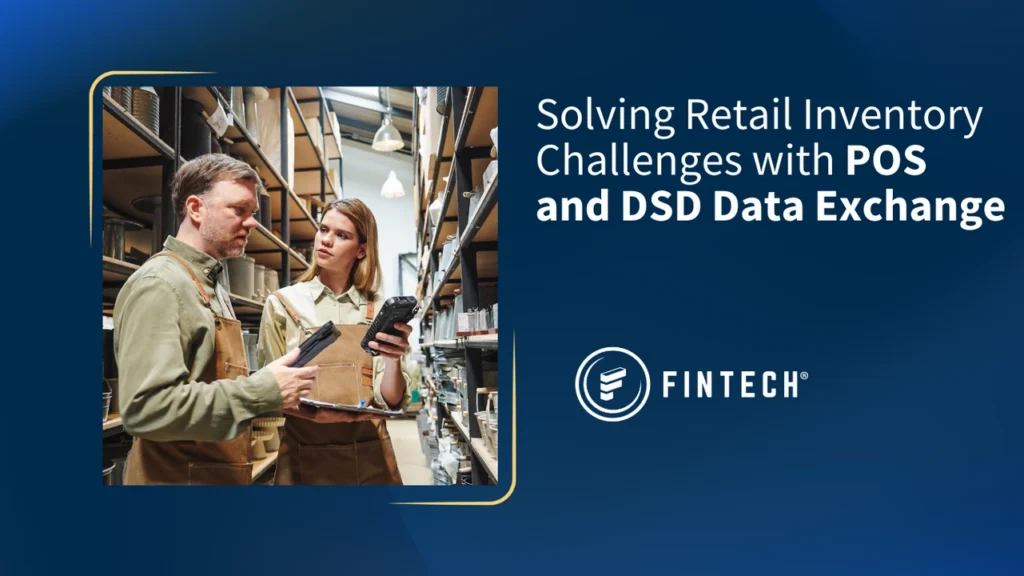The quest for variety and customer satisfaction stands as a cornerstone for retail success. One strategy that has been making waves in the industry is scan-based trading (SBT), a method that not only influences inventory diversity but also reshapes the dynamics of local markets. Here are some ways SBT can revolutionize store offerings and elevate the shopping experience for customers.
Understanding Scan-Based Trading
Scan-based trading is a system where suppliers retain ownership of their products until they are scanned at the point of sale. This means that retailers only pay for the items once they are sold, reducing financial risks and inventory management burdens. With this model, suppliers have a greater incentive to provide a wider range of products, leading to increased variety on store shelves.
Impact on Local Retail Markets
Enhanced Product Variety
By adopting scan-based trading, local retailers open the door to a broader assortment of products from various suppliers. This results in a more diverse selection for customers, catering to a wider range of preferences and tastes. Whether it’s gourmet items or artisanal creations, SBT encourages suppliers to introduce innovative products, enriching the shopping experience for customers.
Flexible Product Testing and Inventory Management
SBT empowers retailers to experiment with new products without the financial risk of unsold inventory. This flexibility allows for quicker adaptation to consumer trends and demands, creating a dynamic inventory that reflects the evolving preferences of the local market. As a result, customers are more likely to find new and exciting items during each visit.
Strengthened Supplier-Retailer Relationships
Scan-based trading fosters collaborative partnerships between suppliers and retailers. Suppliers are motivated to work closely with retailers to optimize product placement, promotions, and inventory management. This synergy leads to better communication, streamlined operations, and improved customer satisfaction. Stronger relationships with suppliers can also result in exclusive offerings and customized products tailored to the local market, further differentiating the store from competitors.
A Mutually Beneficial Inventory Model
The influence of scan-based trading on local markets involves more than just the transactional aspect of retail. By introducing a wider variety of products through SBT, retailers can create a vibrant shopping environment that captivates customers and keeps them coming back. The blend of convenience, choice, and personalized offerings enhances the overall customer experience, fostering loyalty and driving business growth.
SBT’s model also improves the B2B customer experience between retailers and suppliers. Both parties can stock inventories with the right amount of goods thanks to inventory insights through each scan. This allows for a better testing market of new products and allows both sides to prioritize high-performing items.






